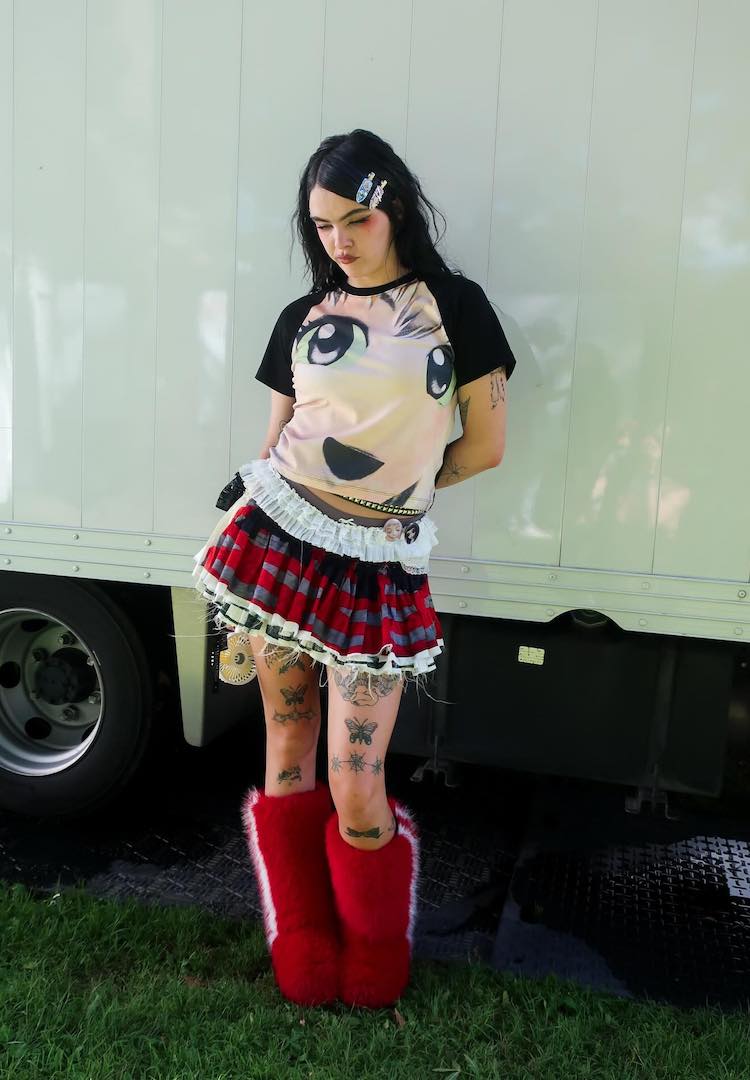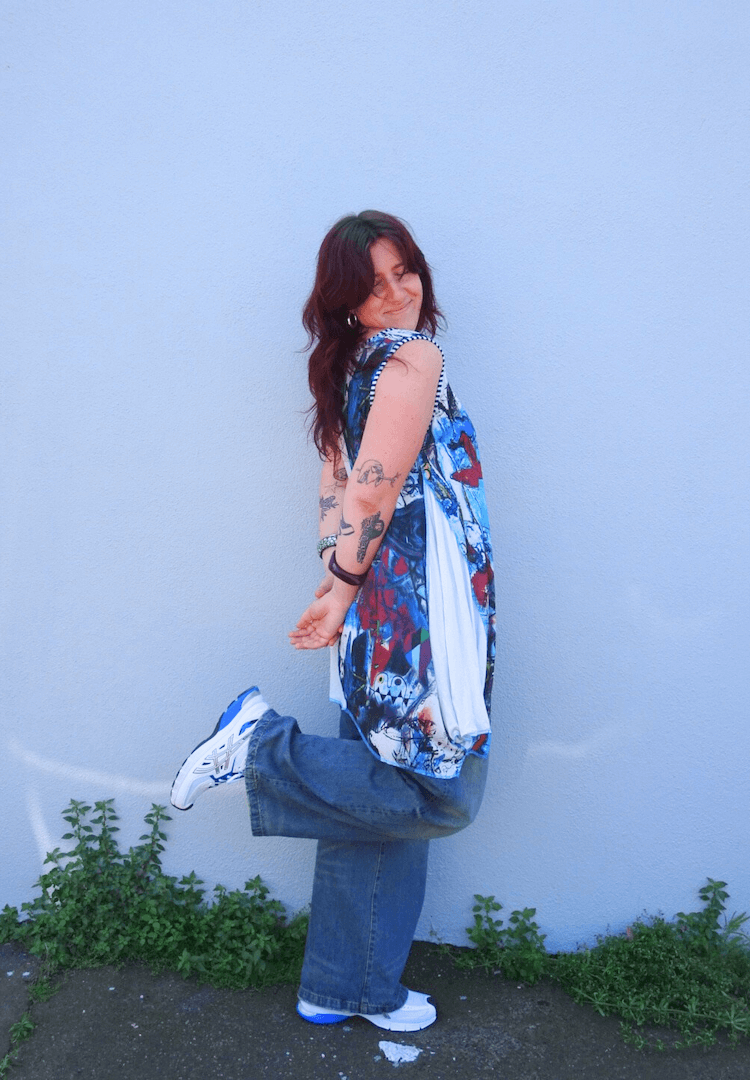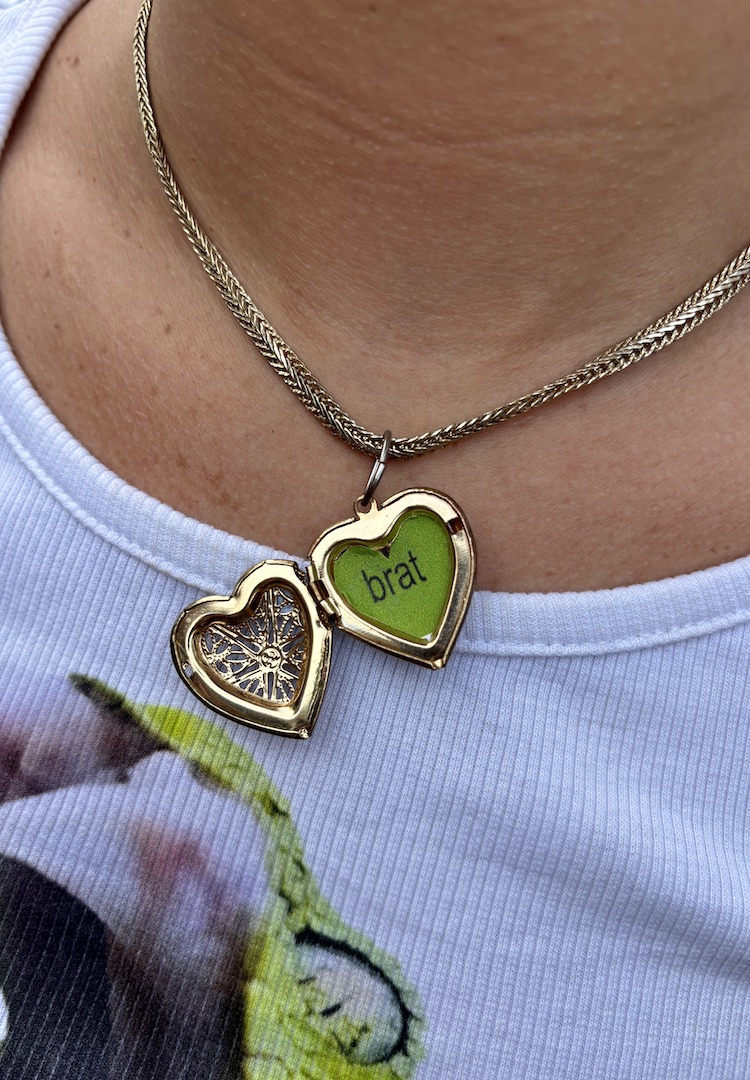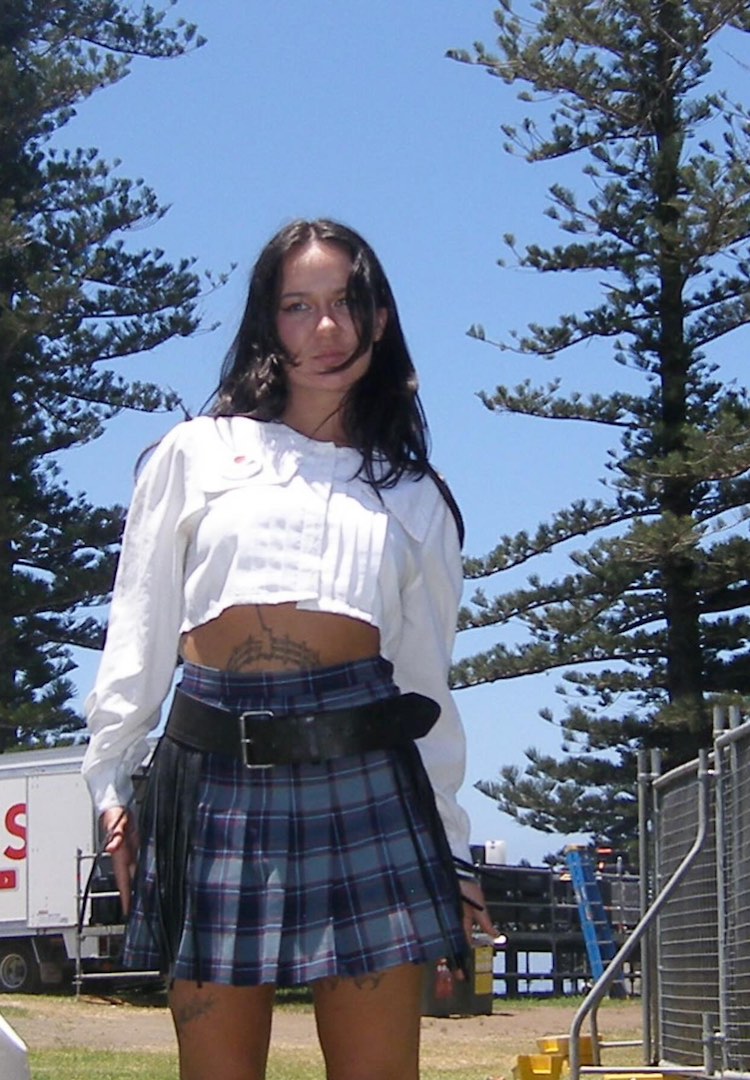Laneway Festival claps back at NSW Government’s ‘high-risk’ event classification
Image via Bianca Holderness/Laneway
Words by Tara Smith
Don’t kill live music.
Over the weekend, the NSW Government released a list of music festivals it deemed as ‘high-risk’ as part of its new licensing scheme coming into effect March 1.
Arguably, the most surprising inclusion on that list was Laneway Festival, which has only experienced two hospital transports in its 14 years of operation in Sydney.
Laneway Festival has since clapped back at the classification, claiming it could put an end to the event in Sydney altogether.
“It’s preposterous that Laneway is categorised as high risk. We are regularly praised for expert operations by the local police, health departments and councillors and attending media. Our audiences are fantastic. They come for the world-class local and international artists,” said Laneway co-founder Danny Rogers in a statement.
“We are angry that the NSW Government is so dismissive of the industry who contribute so much to the state’s economy and culture. It is a short-sighted political move that panders to the conservative media and vote.”
Festival organisers claim the categorisation could cause ‘untold brand and reputational damage’ as well as subjecting it to unknown licensing regulations by the Department of Liquor and Gaming.
In an interview with Triple J’s Hack, Rogers claimed Laneway’s medical record was better than several other festivals which hadn’t made the ‘high-risk’ list.
To be classified as higher risk, a festival must have experienced a serious drug-related illness or death in the past three years, or be deemed a significant risk by an industry expert.
Other festivals on the list include FOMO, Lost Paradise, Ultra, Subsonic and Defqon.1.
Under the new licensing regime, high-risk festivals will be required to provide extra medical assistance and policing.











